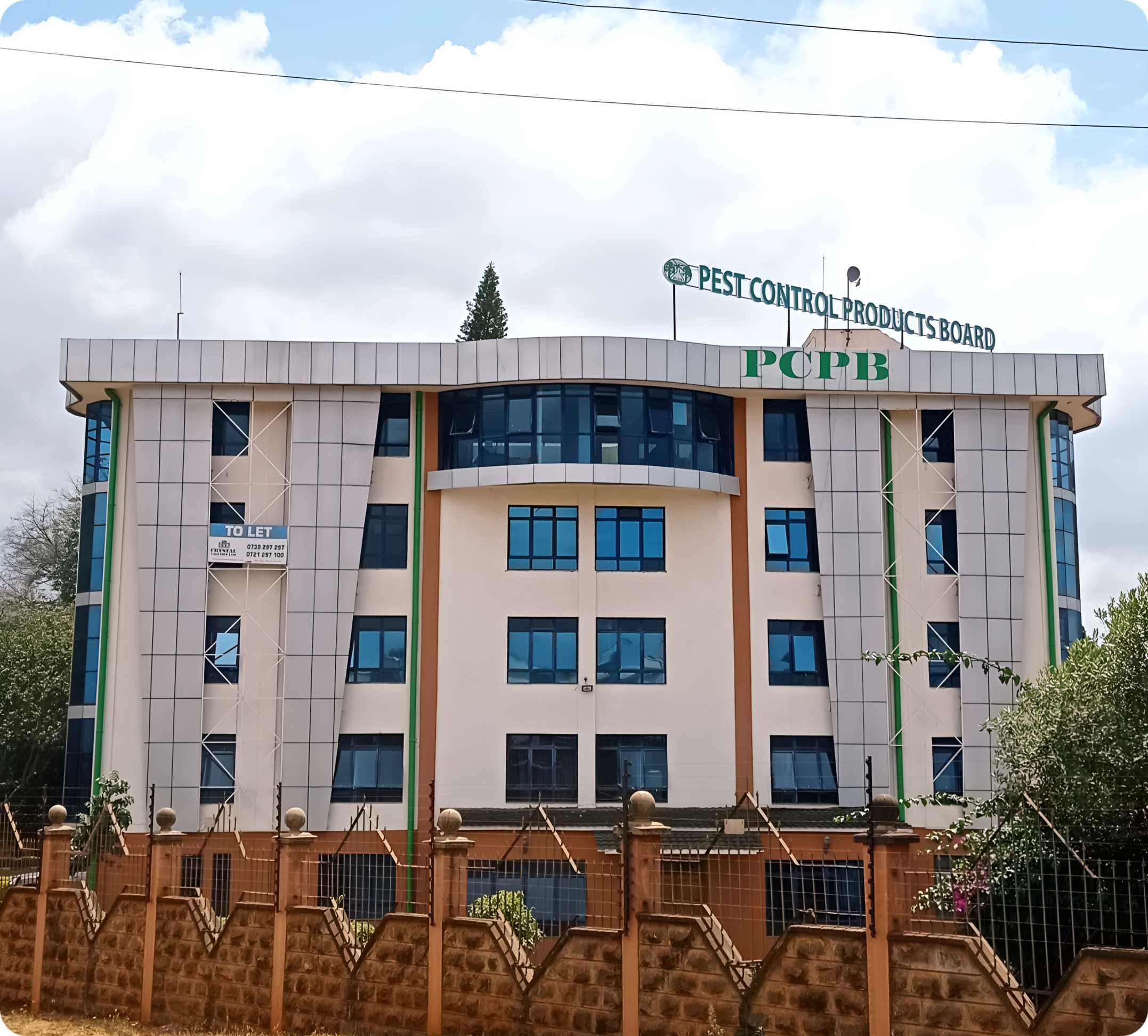Groups push for full disclosure of banned pesticides

The groups say the Pests Control Products Board must release names of the products containing hazardous ingredients to ensure transparency and accountability.
Farmers, environmentalists, and consumer rights groups are demanding the government make public the complete list of pesticide brands recently banned in Kenya.
The groups say the Pests Control Products Board must release names of the products containing hazardous ingredients to ensure transparency and accountability.
On May 7, Agriculture Cabinet Secretary Mutahi Kagwe announced the ban of more than 50 pesticide, fungicide, and herbicide products considered harmful.
While civil society organisations welcomed the move, they now insist the government must go a step further by revealing exactly which products have been removed from the market.
The demand is led by the Route to Food Initiative and backed by a coalition of organisations including the Biodiversity and Biosafety Association of Kenya, Kenya Organic Agriculture Network, Consumer Grassroots Association, Resources Oriented Development Initiatives, Community Organisation and Training for Risk Reduction, Kenya Parliamentary Human Rights Association, and the Centre for Environment Justice and Development.
"These pesticides are extensively applied across Kenya’s staple and export-oriented crops and have repeatedly been documented to pose significant acute and chronic health and environmental risks," the civil society groups said in a joint statement.
The groups are particularly concerned about substances long identified for regulatory action.
These include the fungicides mancozeb and carbendazim, herbicides paraquat and glyphosate, and synthetic pyrethroid insecticides such as lambda-cyhalothrin, cypermethrin, and deltamethrin.
Ann Maina, the national coordinator at the Biodiversity and Biosafety Association of Kenya, welcomed the ban and pointed to the country’s new commitment to safer agricultural practices.
"We are happy the Ministry of Agriculture passed the National Agroecology Strategy in November 2024. Agroecology promotes a transition to sustainable production methods with the gradual withdrawal of highly hazardous pesticides and synthetic fertilisers," she said.
"We call on the government to support the production of biofertilisers and biopesticides through the input subsidy programme."
The civil society organisations say that if the ban is implemented effectively, it could protect human health and the environment, while reinforcing Kenya’s commitment to international standards such as those outlined in the FAO/WHO International Code of Conduct on Pesticide Management.
They also cited Section 12(2) of the Standards Act under the newly enacted Business Laws (Amendment) Act, 2024, which addresses double standards in chemical regulation and strengthens the case for full disclosure of banned substances.
